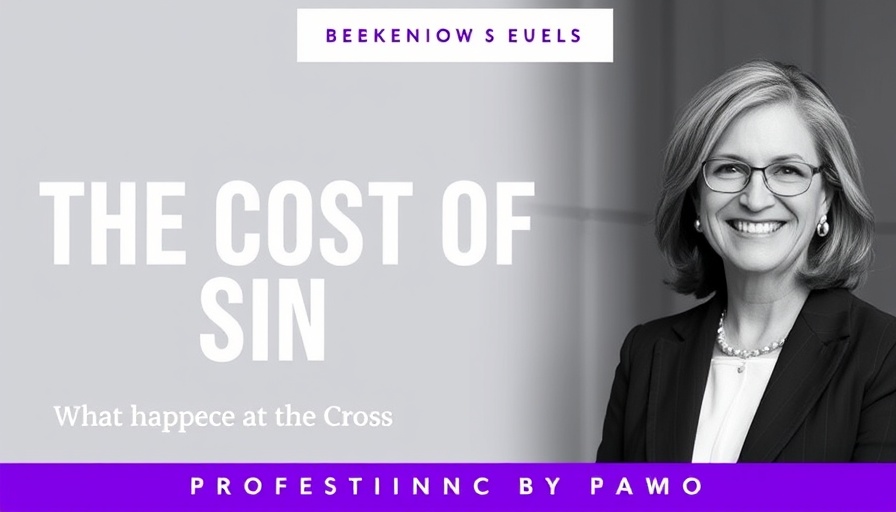
Unveiling the Truth: Common Myths About Answered Prayer
In today's fast-paced world, the concept of prayer remains a vital thread in the fabric of faith, especially within the Seventh-day Adventist (SDA) community. However, misconceptions surrounding prayer can distort our understanding and relationship with this sacred practice. Let's address four prevalent myths about answered prayer that can influence our faith journey.
Myth 1: Prayer Is a Formula for Getting What You Want
A common belief is that prayer acts as a sort of cosmic vending machine, ensuring that if one prays hard enough or with the right words, God will grant their desires. This misunderstanding reduces a profound spiritual practice to mere transactional exchanges. Instead, prayer should be viewed as a dialogue with God, where believers communicate their hopes, fears, and gratitude. It's essential to recognize that the essence of prayer lies in aligning oneself with God's will rather than merely seeking personal gain.
Myth 2: God Only Listens to Certain People
Another myth is that God favors particular individuals — such as pastors or devoted church members — over others when it comes to prayer. This misconception can lead many to feel unworthy of approaching the divine. However, scriptures affirm that God is accessible to all and cherishes the prayers of each believer, regardless of their societal status. In Matthew 7:7, it is stated, "Ask, and it will be given to you; seek, and you will find; knock, and it will be opened to you." This highlights the inclusive nature of God's love and attentiveness to every prayer.
Myth 3: Every Prayer Will Be Answered if You Have Enough Faith
Some members of the SDA community grapple with the belief that unanswered prayers are a reflection of insufficient faith or spiritual inadequacy. This myth can foster discouragement and lead to feelings of guilt or shame when prayers seem unanswered. It's crucial to understand that faith is not a guarantee for specific outcomes. Instead, faith is about trusting God's wisdom and timing. Sometimes, the answer to a prayer may be "no" or "wait," positioned within God's broader plan for an individual's life.
Myth 4: Prayer Always Results in Immediate Change
The expectation that prayer will quickly resolve issues or provide immediate relief can lead to frustration when challenges persist. In reality, prayer is often about the journey rather than instant results. It encourages patience, reflection, and growth in faith. For many, prolonged prayer offers comfort and community support during trying times, illustrating that the act of prayer is transformative, even when circumstances remain unchanged.
The Emotional Weight of Prayer
Understanding these myths is vital for making prayer a meaningful aspect of one's spiritual life. The emotional connection created through prayer fosters community bonds within the SDA faith, allowing individuals to support one another with compassion and empathy. By navigating misconceptions, believers can experience a more profound connection to their faith and find solace in God’s presence.
Encouragement to Cultivate a Personal Prayer Life
As members of the SDA community, it is crucial to cultivate a personal prayer life that enriches spiritual growth. Engage with fellow believers in prayer groups or during worship services to reinforce the power of collective prayer. Regular Bible study can also enhance understanding and interpretation of prayers within scriptural contexts. Let us strive to embrace prayer not as a means for fulfilling wishes, but as an avenue for deepening our relationship with God.
Final Thoughts: Embrace the Power of Prayer
In conclusion, unraveling these myths about answered prayer allows us to approach this spiritual practice with renewed understanding and openness. The journey of prayer is significant not just for its outcomes but for the transformation it brings into our lives. As we commit to regular communication with God, we embrace a broader view of His purpose and the role of prayer within our existence.
Join our prayer circle this week at the local church — let’s create a space to share our prayers and strengthen our community. Together, we can navigate the complexities of faith and find support in each other as we foster deeper connections through prayer.
 Add Row
Add Row  Add
Add 




 Add Row
Add Row  Add
Add 


Write A Comment